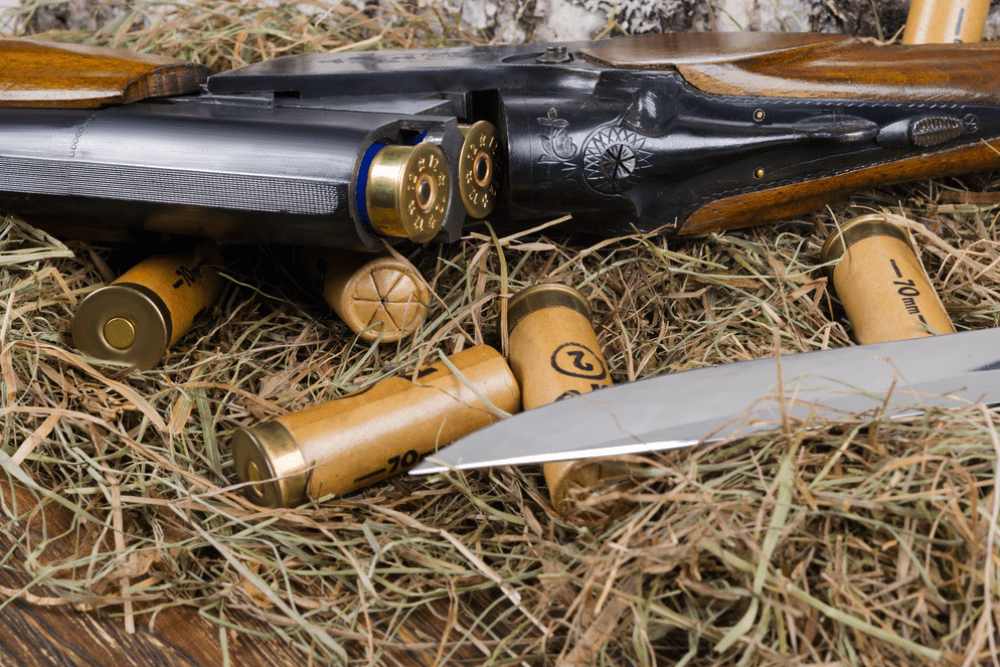All of these laws can be found in Title 12 of Maine’s Revised Statutes. This document, a full 1,197 pages long, has been divided into thirteen parts and makes for heavy reading.
Call 207-571-8146 or contact us online to schedule a consult with one of our highly skilled criminal defense & OUI lawyers, serving Southern Maine, today.
Table of Contents
Maine’s Title-12 Summary
The portion of Title 12 that most people will have to deal with is Part 13. This portion of Title 12 creates the Department of Inland Fisheries and Wildlife, a government department whose mission is to preserve, protect, enhance, and effectively manage the inland fisheries and wildlife resources in Maine, and encourage their wise use. This includes the granting and enforcing of licenses and permits for hunting and fishing in the state of Maine.
All the requirements that need to be met in order to get a hunting or a fishing license come from Title 12, Part 13.
Title-12, Part 13
Part 13 also makes many outdoor activities illegal. Some of the things that Part 13 prohibits include the operation of a motor vehicle on a public water supply, the failure to stop for a law enforcement officer, the abuse of another person’s property while fishing, hunting, or trapping, harassment of hunters, trappers, or anglers, failing to notify the Bureau of Warden Service of a lost, stranded, or drowned person, defacing public notices, trespass on private land, or hunt or operate watercraft, snowmobile, or an all-terrain vehicle (ATV) under the influence. People who hunt or operate a watercraft, snowmobile, or an ATV have the duty to submit to chemical testing by law enforcement under Part 13 of Title 12 and can face penalties if they do refuse. Part 13 also provides the general rules for license applications, requirements, and revocations, and sets out the general rules for hunting restrictions.
Chapter 915 of Title 12, Part 13
Chapter 915 of Title 12, Part 13 includes specific instructions on the hunting season, requirements, and fees for both licenses and permits, and lists general unlawful hunting acts. This chapter also provides the laws having to do with hunting bear, deer, moose, wild turkey, game bird, raccoon, hare and rabbits, and coyote, as well as miscellaneous laws on training hunting dogs and importing wildlife. Chapter 917 deals with trapping, including the license requirements and fees, while Chapter 919 handles the registration and transportation of harvested animals.
In addition to its provisions on hunting, Part 13 also deals with fishing. Chapter 923 sets out fishing seasons, license and permit requirements, and improper fishing methods.
Part 13 also includes several sections that deal with an assortment of other issues relating to outdoor activities, such as trail guides, whitewater rafting, and taxidermists, as well as recreational vehicles, snowmobiles, and ATVs.
Title-12, Part 9
Another important piece of Title 12 is Part 9, which deals with conserving Maine’s seacoast and offshore areas. Part 9 creates the Department of Marine Resources, which handles issues such as permits, licenses, and regulations for offshore fishing, including lobster and crabs, finfish, shellfish, and scallops, as well as other species of saltwater fish.
Other pieces of Title 12 are less likely to be encountered by the public. Nevertheless, it’s helpful to be aware of their existence.
Call 207-571-8146 or contact us online to schedule a consult with one of our highly skilled criminal defense & OUI lawyers, serving Southern Maine, today.
Title-12, Part 1
Part 1 of Title 12 is concerned with the conservation of Maine’s water and soil. This part of Maine’s conservation regulations is meant “to provide for and encourage the optimal use of the State’s agricultural resources” by making the state’s soil and water resources available to those who need them. This includes the prevention and the control of soil erosion, flooding, the impairment of dams and reservoirs, and ensuring the navigability of Maine’s rivers and harbors. These regulations of Part 1 act to not only preserve Maine’s abundant wildlife, but also help protect the health, safety, and general welfare of the state’s citizens, as well as the state’s tax base by ensuring that people can enjoy and benefit from the state’s natural beauty
Title-12, Part 2
Part 2 of Title 12 deals with rivers, forests, lakes, and parks in Maine. This aspect of conservation, however, can balloon quickly to include many other elements of conservation.
Part 2 expressly tries to find a “well-reasoned balance among the competing uses of the state’s rivers and streams.” This includes attempting to revitalize waterfronts, maintaining Maine’s scenic beauty, furthering the development of hydroelectric power, improving the productivity of the state’s inland fisheries, and expanding the opportunities for outdoors and Maine’s 32,000 miles of rivers and streams. In doing so, Title 12, Part 2 puts special protections on the uses of 18 rivers in the state, such as the Aroostook, Kennebec, Penobscot, and Saco Rivers, and regulates floodplains.
This part also includes the Maine Cave Protection Act, regulations on mining on state land and drilling water wells, as well as zoning and land use regulations. It also creates several state parks, and the Bureau of Parks and Lands, which regulates the parks and other natural resources.
Call 207-571-8146 or contact us online to schedule a consult with one of our highly skilled criminal defense & OUI lawyers, serving Southern Maine, today.
Title-12, Part 6
One way that Title 12’s conservation laws reach into other areas of law is Part 6. This short section of Maine’s conservation laws deals with residential subdivisions and regulates the disposal of waste from these areas, as well as certain zoning aspects like frontage and lot size.
Title-12, Part 4
Like Part 9, Part 4 is concerned with Maine’s offshore resources. This part of Title 12 includes the Atlantic States Marine Fisheries Compact, which joins the states that have a coastline on the Atlantic Ocean, all the way down to Florida, into an agreement to promote and protect fisheries on the Atlantic seaboard.
Title-12, Part 11
Both Parts 8 and 11 are sources for Maine’s forestry laws. The bulk of this area of the state’s conservation laws is found in Part 11, which creates the Department of Agriculture, Conservation and Forestry: Bureau of Forestry. This Bureau, also known as the Maine Forest Service, has the responsibility of controlling forest fires throughout Maine, protecting the trees of the state against insects and diseases, and managing the state’s forests and wooded resources. Part 11 provides the laws that let the Service do this to the best of its ability. Part 8 is the source for a few regulations regarding the protection of Maine’s forests but is primarily concerned with the Maine Shoreline Public Access Protection Program, which aims to protect and develop public ownership of Maine’s shoreline, so the public can better enjoy it.
The remaining parts of Title 12 – Parts 3, 5, 7, 10, and 12 – have all been repealed or moved by the Maine legislature.
Contact our Title-12 Defense Lawyers
Contact The Maine Criminal Defense Group about Title 12 and Fish, Game, Boating, and ATV Laws.
Call 207-571-8146 or contact us online to schedule a consult with one of our highly skilled criminal defense & OUI lawyers, serving Southern Maine, today.
Blog Posts

A criminal conviction usually appears on criminal records for life in Maine, potentially impacting the individual’s employment, education, travel, housing, immigration status, and more. However, certain low-level misdemeanor convictions can[...]
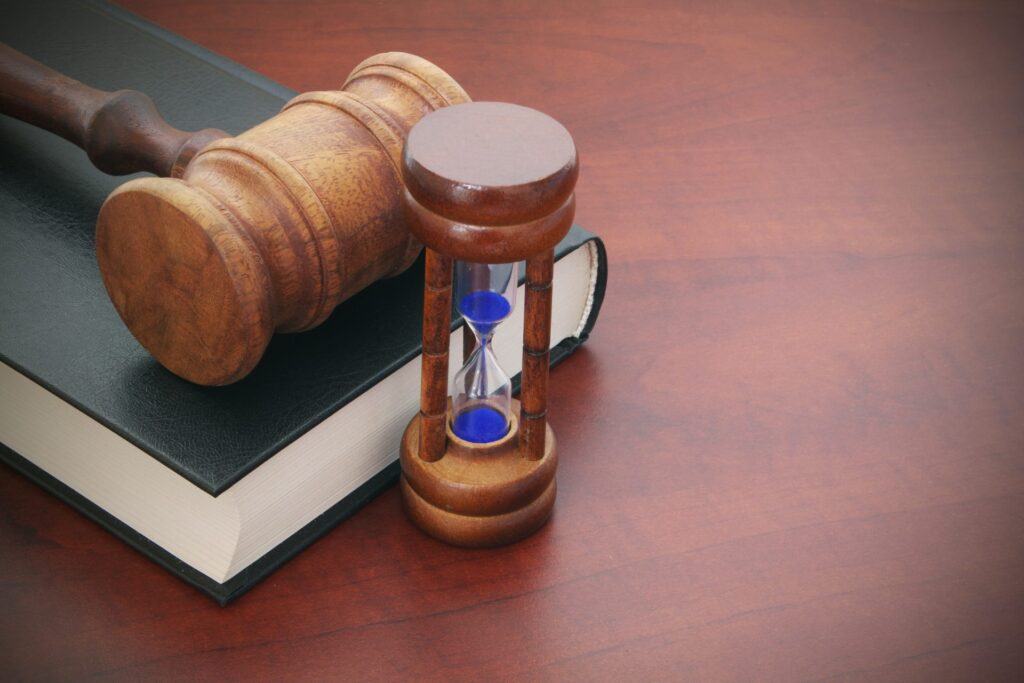
The legal term for sentencing a convicted criminal is not required to serve is called a suspended sentence. A suspended sentence is handed down during the sentencing portion following a[...]

If you receive a traffic ticket in Maine, you may be facing far more than demerit points or an administrative penalty. You could be facing criminal sanctions and a permanent[...]
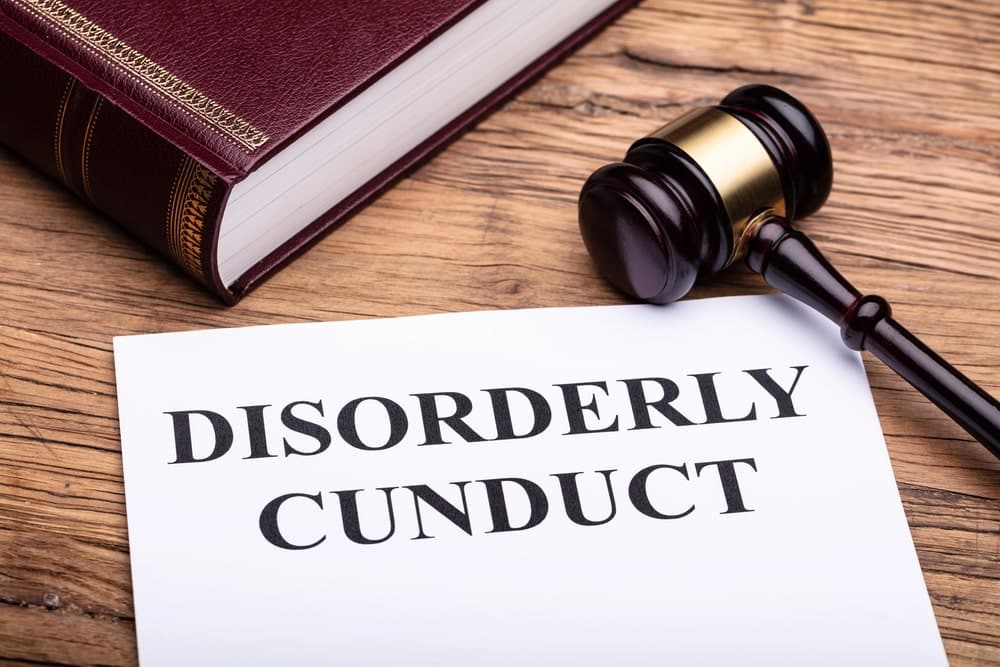
In Maine, disorderly conduct laws effectively make disturbing the peace a criminal offense. While disorderly conduct is considered one of the least serious offenses under Maine’s Criminal Statutes, it can[...]

Any criminal charge for a drug-related offense is a serious matter in Maine,but how consequential the outcomes can get may depend on whether the charge is filed at the state[...]


Self-defense laws in the U.S. are complex, vary from state to state, and are often misunderstood. “Stand your ground” laws allow an individual to use deadly force in self-defense in[...]
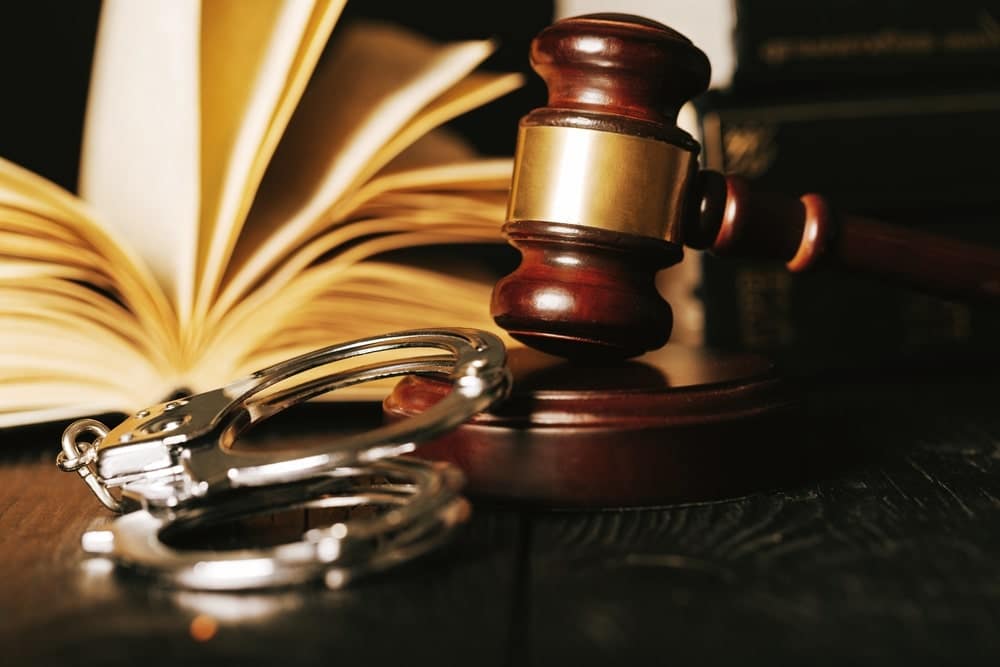
Every day in Maine, people are charged with crimes that they did and did not do. Fortunately, in the U.S., we have a justice system that says you’re innocent until[...]
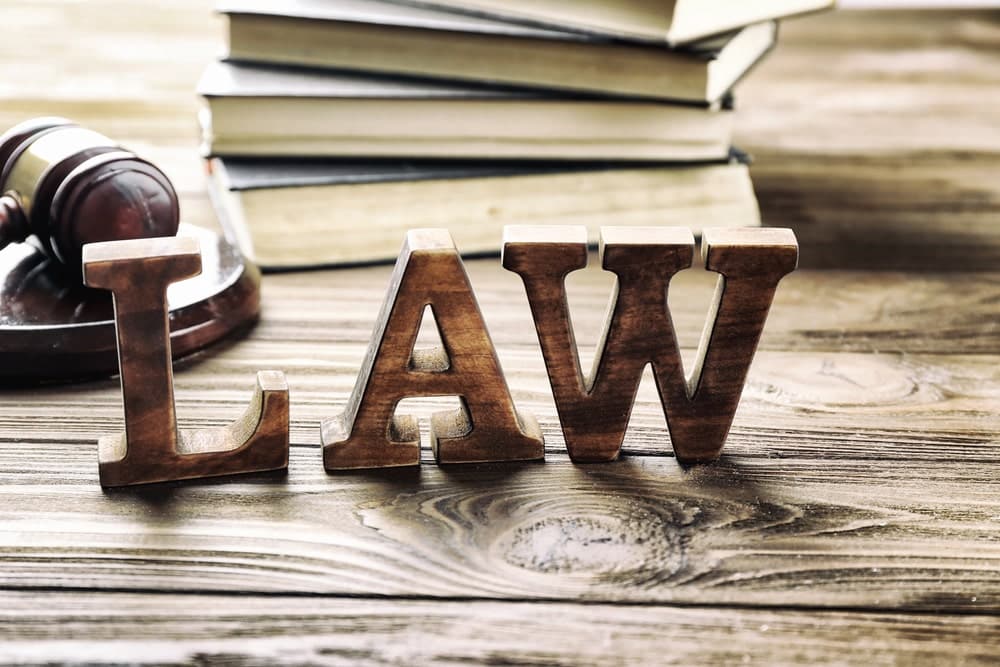
Expungement is the practice of legally erasing or striking out documents or information relevant to criminal charges. It’s not possible to expunge a criminal record in Maine. However, other avenues[...]

If you have been arrested or are under investigation for a crime in Maine, it is crucial to retain the services of a competent and experienced criminal lawyer. A criminal[...]
